Search
Remove Ads
Advertisement
Summary
Loading AI-generated summary based on World History Encyclopedia articles ...
Search Results

Definition
Renaissance Architecture
Renaissance architecture originated in Italy and superseded the Gothic style over a period generally defined as 1400 to 1600. Features of Renaissance buildings include the use of the classical orders and mathematically precise ratios of height...

Definition
Ancient Egyptian Architecture
Ancient Egyptian architecture is often associated closely with the pyramids of Giza but was actually quite diverse, taking a number of forms in the construction of administrative buildings, temples, tombs, palaces, and the private homes of...

Definition
Ancient Persian Art and Architecture
Persian art and architecture in the present day is associated with the nation of Iran and usually designated as beginning with the Achaemenid Empire (c. 550-330 BCE) but has an even longer history with its origins dating back to before the...
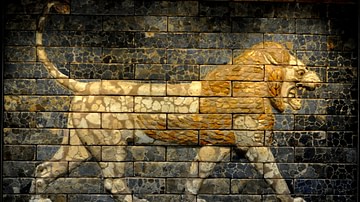
Definition
Mesopotamian Art and Architecture
Ancient Mesopotamian art and architectural works are among the oldest in the world, dating back over 7,000 years. The works first appear in northern Mesopotamia prior to the Ubaid Period (c. 5000-4100 BCE) and then developed in the south...

Definition
Ancient Chinese Architecture
Walled compounds, raised pavilions, wooden columns and panelling, yellow glazed roof tiles, landscaped gardens, and a careful application of town planning and use of space are all notable features of the architecture of ancient China, with...
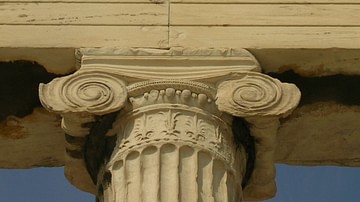
Definition
Greek Architecture
Greek architecture is concerned with simplicity, proportion, perspective, and harmony in buildings. Greek architecture includes some of the finest and most distinctive buildings ever built. Examples of Greek architecture include temples...

Definition
Roman Architecture
Roman architecture continued the legacy left by Greek architects and the established architectural orders, especially the Corinthian. The Romans were also innovators and they combined new construction techniques and materials with creative...
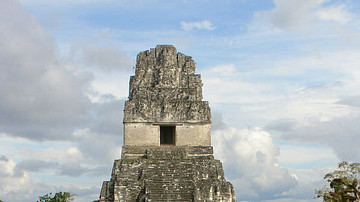
Definition
Maya Architecture
Maya architecture is best characterized by the soaring pyramid temples and ornate palaces which were built in all Maya centres across Mesoamerica from El Tajin in the north to Copan in the south. The Maya civilization was formed of independent...
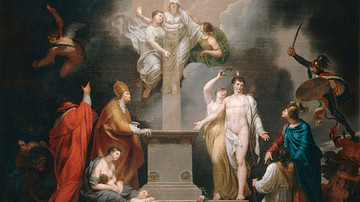
Article
Napoleonic Concordat of 1801 & Religious Pluralism
The Napoleonic Concordat of 1801 defined France's relationship with the Catholic Church for over 100 years. The Organic Articles were added in 1802 and provided state recognition of the Reformed and Lutheran confessions alongside the Catholic...
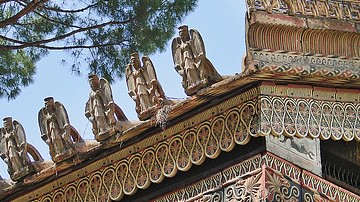
Definition
Etruscan Architecture
The architecture of the Etruscan civilization, which flourished in central Italy from the 8th to 3rd century BCE, has largely been obliterated both by the conquering Romans and time, but the very influence of the Etruscans on Roman architecture...